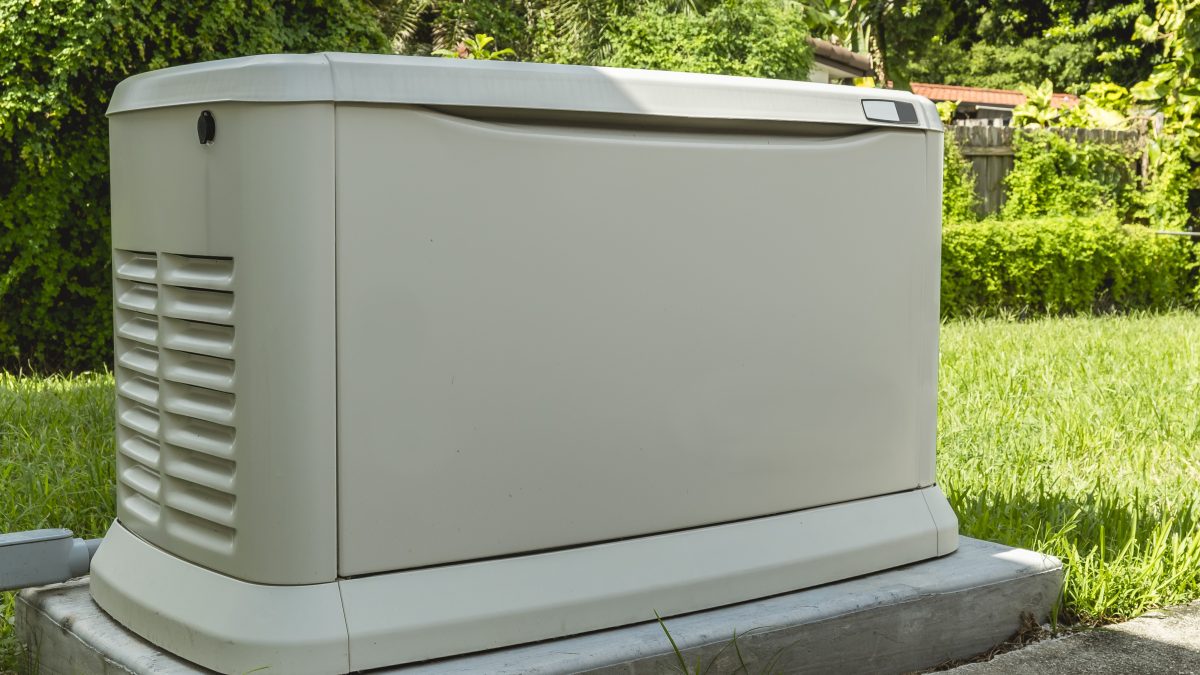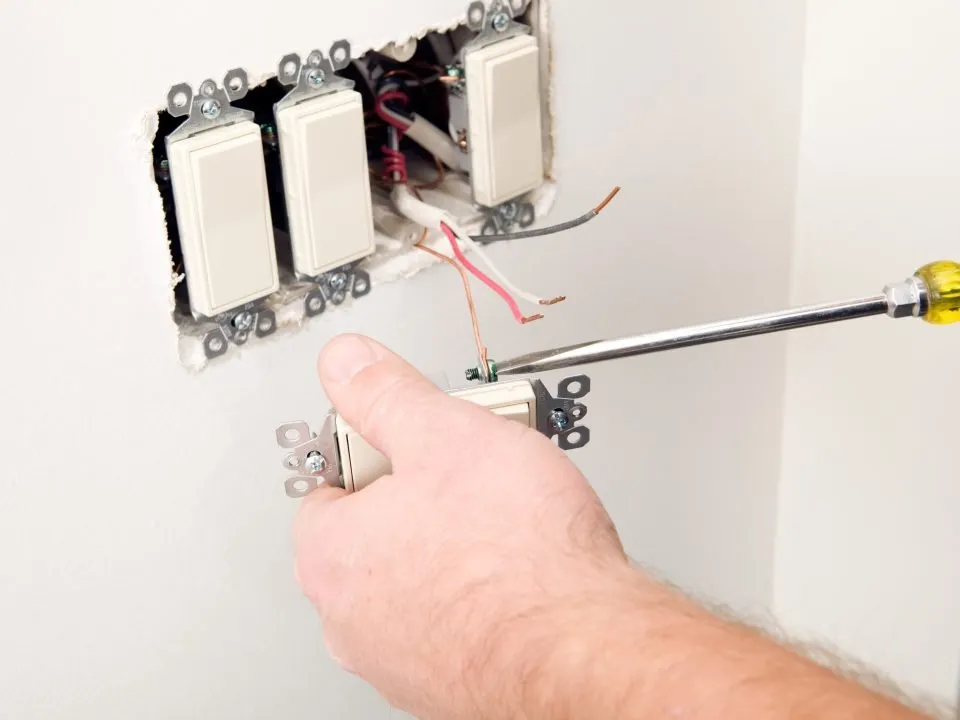
Why a Home Generator Is a Smart Move
From scorching summers to unexpected winter freezes, Austin’s climate doesn’t hold back—and neither should your home’s power supply. Whether it’s a record-breaking heatwave or a freak winter storm, Central Texas residents are seeing more frequent outages. That’s why more Austin homeowners are investing in whole-home generators to protect their families, comfort, and productivity.
In this guide, we’ll walk through how a home generator works, why it’s especially important for Austin residents, and how to choose the right one for your home.
How a Whole-Home Generator Works
A whole-home generator—sometimes called a standby generator—is a permanently installed appliance that supplies power to your home when the electric grid fails. It sits outside your house and connects directly to your electrical system, running on a steady fuel supply such as natural gas or propane.
Here’s how it protects your home during an outage:
- Smart Sensing: An Automatic Transfer Switch (ATS) monitors your home’s power. When it detects an outage, the generator kicks on automatically—usually within seconds.
- Instant Power Transfer: The ATS switches your home off the utility grid and routes power from the generator instead, powering either your entire home or selected essential circuits.
- Reliable Operation: The generator keeps critical systems running—like HVAC, lighting, refrigerators, and medical devices—without any manual setup.
- Automatic Shutdown: Once grid power is restored, the ATS safely switches your home back over and powers down the generator until it’s needed again.
This hands-free system means your home stays safe and comfortable, even if you’re away when the outage occurs.
Why Austin Homeowners Need Backup Power
Austin may not be on the Gulf Coast, but it’s no stranger to serious weather. In fact, Central Texas faces its own unique energy challenges that make backup power more important than ever:
- The 2021 Texas Power Crisis left hundreds of thousands of Austin Energy customers in the dark during Winter Storm Uri. Icy conditions, frozen pipes, and grid failure created a statewide emergency.
- Prolonged Summer Heat Waves have pushed Austin’s grid to the brink multiple times, causing rolling blackouts and voluntary energy reduction orders.
- The ERCOT grid, which serves Austin, continues to face scrutiny over its ability to handle future demand and extreme weather.
What are the Benefits of Installing a Generator?
Avoid the Hidden Costs of Lost Power
Power outages do more than leave you in the dark. The best home generators help Austin homeowners avoid:
- Food Spoilage: A well-stocked fridge can lose hundreds of dollars’ worth of groceries during a blackout.
- Appliance Damage: Power surges during outages or restarts can fry your electronics and HVAC systems.
- Medical Device Failure: For those who rely on oxygen machines or CPAPs, a generator can be life-saving.
- Lost Productivity: Remote workers can’t afford to go offline. A generator helps keep business (and income) flowing.
Add Long-term Value to Your Home
Installing a standby generator isn’t just a short-term safety measure—it can also increase your home’s value. According to Better Homes & Gardens, homes with generators can sell for up to 5% more. In high-demand markets like Austin, where luxury homes and tech-savvy buyers are on the rise, this investment is often a selling point. In fact, some homeowners see an ROI of up to 150%, depending on the system and neighborhood.
Choose the Right Generator for Your Austin Home
Selecting the right generator starts with a professional consultation. Local HVAC or electrical contractors can help you determine the correct size, fuel source, and installation plan based on your home’s needs and layout.
Key factors to consider:
- Power Capacity: Most standby generators range from 18 to 26 kW, enough to power an entire home, including your HVAC system. Smaller models can cover essentials like refrigerators, Wi-Fi routers, and lighting.
- Fuel Source: In Austin, natural gas is typically the most convenient, but propane may be used in more rural or off-grid areas.
- Permits & Codes: The City of Austin requires permits and inspections for generator installations. A licensed installer will handle this for you.
- Maintenance: Generators require regular checkups, including monthly self-tests and annual professional maintenance, to ensure they’re ready when you need them most.
Be Ready Before the Next Power Outage Hits
In Austin, weather extremes aren’t “what ifs”—they’re “when.” With a whole-home generator, you won’t be left scrambling for flashlights or dealing with spoiled groceries and frozen pipes. You’ll have the power to keep your family safe, your business online, and your home comfortable no matter what the Texas sky throws your way.
Take the first step toward peace of mind. Read more about home generator installation process, or contact your trusted local HVAC professionals at Honest Plumbing & Air to get a free generator consultation and learn what system is right for you.


